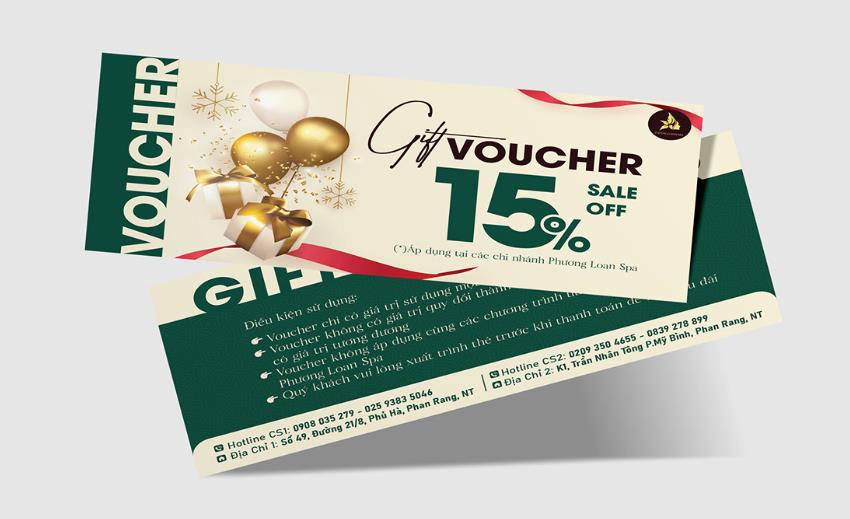The Psychology of Vouchers: Why Discounts Drive Consumer Behavior

Vouchers have become an integral part of modern marketing strategies, enticing consumers with the promise of savings. While the tangible benefit Security+ Voucher of lower prices is a significant draw, the psychological impact of vouchers goes much deeper. Understanding the psychology behind vouchers reveals why discounts can significantly influence consumer behavior, shaping purchasing decisions and fostering brand loyalty. This article explores the psychological principles at play in voucher marketing and how businesses can leverage them to engage customers effectively.
- The Power of Perceived Value
One of the primary psychological drivers behind voucher usage is the concept of perceived value. Consumers are naturally drawn to deals that promise more for less. When presented with a voucher, shoppers often perceive the offer as a way to maximize their purchasing power. This perception can lead to a heightened sense of satisfaction, making customers feel smarter for capitalizing on a deal. By creating a sense of value through discounts, businesses can enhance the likelihood of a purchase and encourage consumers to choose their products over competitors. - The Scarcity Principle
Another psychological factor influencing consumer behavior is the principle of scarcity. Limited-time offers and exclusive vouchers tap into the fear of missing out (FOMO). When consumers know that a discount is only available for a short period, they are more likely to act quickly to secure the deal. This urgency drives immediate purchasing decisions, as consumers don’t want to miss out on the opportunity to save money. Businesses can effectively use this principle by creating urgency around their vouchers, leading to increased sales and customer engagement. - Social Proof and Peer Influence
Social proof is a powerful psychological concept that suggests individuals are influenced by the actions and opinions of others. Vouchers can serve as a form of social validation, reinforcing the idea that others are taking advantage of a deal. For instance, when friends or family members share successful experiences using vouchers, it encourages others to follow suit. This phenomenon can be amplified through social media, where users often post about their savings, creating a ripple effect that encourages even more consumers to seek out and use vouchers. - The Endowment Effect
The endowment effect is a psychological phenomenon where individuals place a higher value on things merely because they own them. When consumers receive a voucher, they often start to perceive the potential savings as part of their asset portfolio. This can lead to increased motivation to utilize the voucher, as consumers feel a sense of ownership over the discount. Businesses can capitalize on this effect by framing vouchers in a way that highlights ownership—such as personalized offers that feel tailor-made for the individual—further motivating consumers to redeem them. - The Satisfaction of Savings
Using a voucher often brings a sense of accomplishment and satisfaction. The act of redeeming a discount can trigger the release of dopamine, a neurotransmitter associated with pleasure and reward. This feeling can create positive associations with the brand, encouraging repeat purchases and customer loyalty. Businesses can enhance this experience by making the redemption process seamless and rewarding. Creating a positive emotional connection with consumers can significantly influence their future purchasing behavior. - Building Brand Loyalty
Vouchers can also play a crucial role in fostering brand loyalty. When consumers consistently receive discounts from a particular brand, they are more likely to develop an emotional attachment to it. This loyalty is reinforced when businesses provide personalized vouchers based on previous purchases, making consumers feel valued and understood. By investing in loyalty programs that incorporate vouchers, brands can cultivate lasting relationships with customers, leading to increased retention and higher lifetime value. - Conclusion
Understanding the psychology behind vouchers and discounts provides valuable insights into consumer behavior. The perceived value, scarcity, social proof, endowment effect, satisfaction of savings, and brand loyalty are all powerful psychological drivers that influence purchasing decisions. Businesses that leverage these principles in their voucher marketing strategies can enhance customer engagement and boost sales. By recognizing the emotional and psychological factors at play, brands can create more effective promotional campaigns that resonate with consumers, ultimately leading to long-term success.